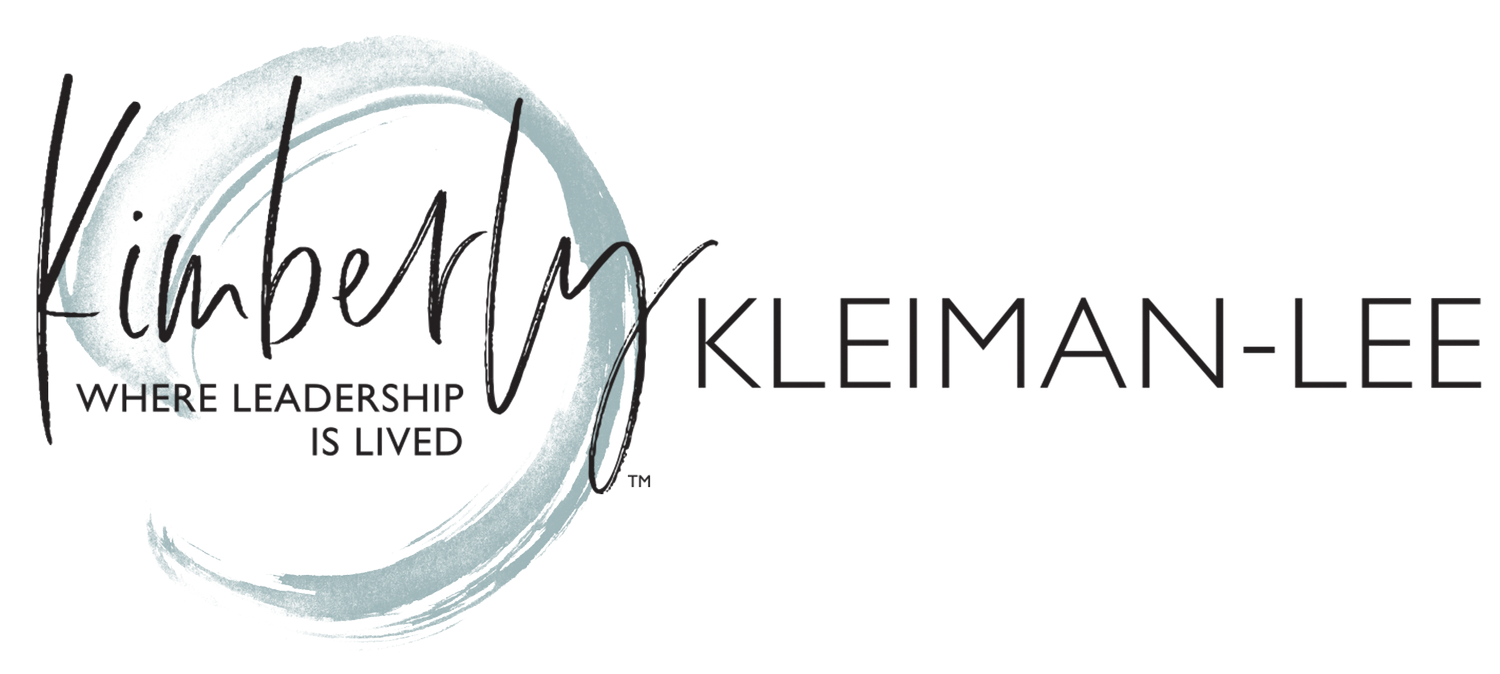Helping a Disorganized Colleague Thrive
Picture this: Your team member asks you to swing by their desk to review a report before he presents it at the upcoming staff meeting. You respond with, “Sure, I have 5 minutes to spare.” You’ve passed his disorganized desk but realize you haven’t actually entered his space in a while. You know this because THIS view you would have remembered. As you wait for him to locate the file in question amongst the dozens of thumbnail icons on his virtual desktop, you are scanning his literal desktop. Piles of receipts from recent travels, an overflowing gym bag, the remnants of a half eaten lunch, books at various stages of being “read”, heaps of random cords, disheveled backpack, and what you can only assume is the start of a 5th grader’s Science Fair project are more than the eye should see. To reclaim your focus, you look up only to see a half-cocked sign stating, “A messy desk is the sign of a creative mind.” Heavy sigh. Is it possible to be both a little chaotic and a lot creative? Absolutely. But the situation at hand is a team member who is maximum chaos and minimum productivity. It’s time to organize your thoughts for an intervention that addresses your colleague’s disorganization and pulls them out from under piles of lackluster performance.
For months, you’ve said nothing about the mayhem ruling your employee’s workspace and work product. It’s not that you haven’t noticed, but telling someone they’re a mess feels, well… messy, and you haven’t been able to find an approach that won’t land as a personal affront or insult. You said nothing when they lost track of critical notes and action items. You kept the silence going when they made sloppy data entry errors (turns out decimal points are important…). Haphazard work processes and utter chaos have led to duplication, miscommunication, and frustration. Silence might be golden, but this situation is rusty and ignoring it leaves your entire team vulnerable to the deluge of disorder.
Disorganization is not a personality trait, nor is it an extension or reflection of creativity or intelligence. Organization is built upon a set of skills and strategies that can be taught and learned. If there’s judgment lurking in your assessment of this individual, it’s likely that some of that disapproval will bubble up as, “If this is how you keep your desk at work, I’d hate to see what your house looks like!” This crosses the line from the professional to the personal and absolutely nothing will be learned about organization. Equally wrong is “Your colleagues have been carrying you for long enough. Every time you forget or fail to follow directions, the entire team must organize themselves around you instead of with you.” While it’s vital for your colleague to understand the impact of their disorder, it’s not necessary (or effective) to break their spirit. Steer clear of insinuations about your colleague’s character and zero in on the skills and practices that will bring order to their workday.
Remember the decor celebrating a messy desk? Use this as your entry to gather information and insight. Is your team member truly unaware of their disorganization or are they masking their disarray behind the curtain of creativity? Regardless, it’s your opportunity to illustrate the behaviors that are lacking. “In searching for that file this morning, I think I uncovered a connection between the state of your desk and the state of your performance. While you have many strengths, organization isn’t one of them and it’s impacting your success: e.g., missed deadlines, memory lapses, and difficulty prioritizing tasks. I’ve got a couple ideas for you that will garner quick wins.” If this team member doubles down on defending their disorganization, it’s time to implement a structured and specific solution that takes the scavenger hunt approach off the table.
Other script suggestions:
“I couldn’t help but notice how messy your workspace is…
I understand that clutter and disorganization can sometimes be a sign of a creative mind, but I think it’s impacting your ability to find things quickly and stay on top of tasks. Let’s find some time in the next couple days to brainstorm ideas on how to tackle this. In the meantime, jot down your biggest challenges to staying organized. We’ll use that list as our starting point.”
It seems like your disorganization is causing a vicious cycle of delays, stress, and mistakes. Imagine how much more productive you would be if you were more organized. Spend a couple hours this week cleaning and organizing your work area. Then let’s talk through some simple systems that will help you to stay on top of things while maintaining your creative flow.”
I believe that your messiness is muddying your mind and your efficiency. What’s getting in the way of creating a workspace that fosters your creativity and boosts your productivity? Let’s brainstorm 3 things that can be done today to clear the way for a more productive work environment.”
Whether it’s an expert use of color-coded Post It notes or a master class in how to make the Google calendar work for you, offering a variety of ways to organize a workday will encourage your colleague to find an authentic and sustainable way out of the disorder and disruption. Here are a few quick hits for the disorganized:
Start small but start now to create a plan that clears the clutter (yes, that’s the obvious starting point).
Block your calendar for planning time, project time, thinking time. You get the idea.
Reduce the frequency with which you check email. Aim for 1-2x/day over time.
Use one location for note taking (e.g., notebook, note apps)
Leverage Outlook for task management (or whatever calendar technology you use).
The final word
This individual’s improvement and success will depend on their ability (can they do it) and their drive (do they want it). Your role is to provide support and monitor performance. Expect ebbs and flows in the results as they learn new ways of working. As evidence of success mounts, you can shift from being their coach to their biggest fan.
"Making a choice that is 1% better or 1% worse seems insignificant in the moment, but over the span of moments that make up a lifetime these choices determine the difference between who you are and who you could be. Success is the product of daily habits—not once-in-a-lifetime transformations."
James Clear, author, Atomic Habits
“Chronic disorganization costs employers millions every year. It causes stress not only for the person whose disorganization has become an albatross, but also for the people that work with them.”
Stephanie Sarkis, psychotherapist; author, Healing From Toxic Relationships
Don’t stop now! Learn more from a few of our personal favs below:
Disclosure: The resources shared and listed by KKL & Co. are those that have been evaluated to be of high value to our leaders. We are proud affiliates for some of these resources, meaning if you click a link and make a purchase, we earn a nominal commission at no extra cost to you. Please don’t spend any money on these resources unless you believe they will help you become a better human.














